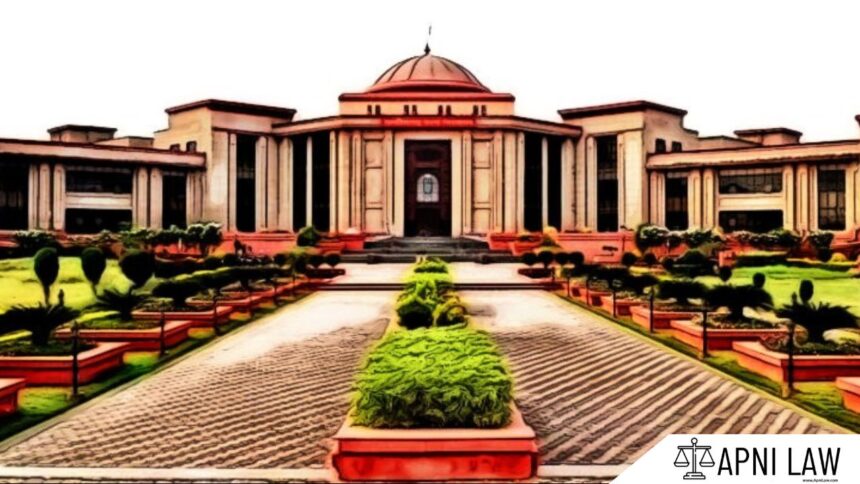Introduction
The Chhattisgarh High Court has ruled that pension is a hard-earned benefit and qualifies as ‘property’ under Article 300-A of the Constitution. It cannot be withheld or reduced without due legal process. The Court emphasized that administrative orders cannot override constitutional rights.
Case Background
The case involved a writ petition filed by the legal heirs of Rajkumar Gonekar, a former Deputy Director in the state government. The challenge was against an order dated February 15, 2021, allowing recovery of Rs. 9.23 lakhs from Gonekar’s pension. He had retired in 2018 and passed away during the case proceedings in June 2024.
The department appointed Gonekar as Assistant Director in 1990 and later promoted him. During his service, the authorities issued a notice over alleged misappropriation. Gonekar denied the allegations and continued in service. After retirement, the department served a show-cause notice and then issued the impugned recovery order.
Petitioner’s Stance
The petitioner argued that the recovery order was arbitrary and passed without following due legal process. It violated the principles of natural justice. They pointed out the absence of any final disciplinary or judicial finding against Gonekar.
Court’s Ruling
The Court examined Rule 9 of the Chhattisgarh Civil Services (Pension) Rules, 1976. The rule allows recovery only if the pensioner is found guilty in a departmental or judicial proceeding. In this case, no such finding existed. The Court cited Supreme Court precedents stressing the need for fair hearing and proper application of mind before taking such actions.
Final Verdict
The Court quashed the recovery order. It held that pension and gratuity are not government bounties. These are earned entitlements protected under Article 300-A. Any deduction must follow the due process of law. The Court ordered a refund of any deducted amount to the petitioner’s legal heirs.









